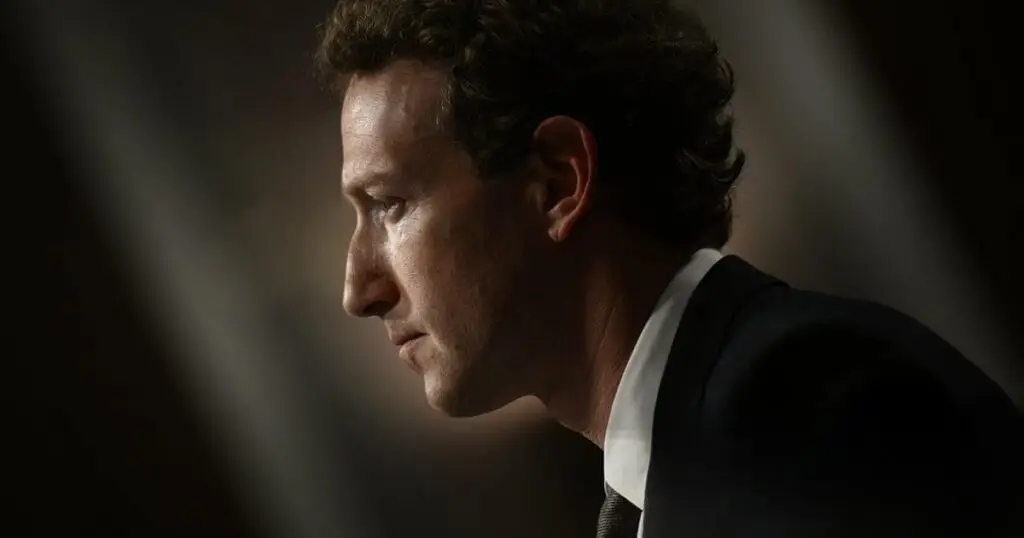Mark Zuckerberg has revealed that the US government exerted pressure on Facebook to censor certain Covid-19 content during the pandemic. The Meta CEO expressed regret over the company’s compliance with these demands.
In a letter to Jim Jordan, head of the US House of Representatives judiciary committee, Mark Zuckerberg disclosed that senior White House officials repeatedly pressured Meta for months in 2021. They demanded the censorship of various Covid-19-related posts, including humour and satire. Zuckerberg stated, “I believe the government pressure was wrong.”
During the pandemic, Facebook implemented misinformation alerts on users’ posts and comments deemed to contain false information about Covid-19. Moreover, the platform deleted posts that criticised Covid vaccines or suggested that the virus was developed in a Chinese lab.
The pressure from the government came amid the 2020 US presidential election campaign, during which Joe Biden accused social media platforms of spreading disinformation about coronavirus vaccines. At the time, Biden had said social media was “killing people” by allowing such content to proliferate on their platforms.
Reflecting on the company’s actions, Zuckerberg admitted, “I think we made some choices that, with the benefit of hindsight and new information, we wouldn’t make today. I regret we were not more outspoken about it.” He emphasised the need to uphold content standards without yielding to external pressures, adding, “We are ready to push back if something like this happens again.”
Zuckerberg also addressed the temporary demotion of a story about the contents of Hunter Biden’s laptop following a warning from the FBI about a potential Russian disinformation campaign. He acknowledged that this story was not disinformation and admitted, “in retrospect, we shouldn’t have demoted the story.”
The House judiciary committee, currently controlled by Republicans, hailed Zuckerberg’s revelations as a significant victory for free speech. Meanwhile, the White House defended its stance during the pandemic, asserting that it encouraged responsible actions to protect public health and safety. A spokesperson commented, “Our position has been clear and consistent. We believe tech companies and other private actors should take into account the effects their actions have on the American people, while making independent choices about the information they present.”
Mark Zuckerberg’s candid admissions highlight the complex interplay between government influence and content moderation on social media platforms. His reflections suggest a commitment to resisting similar pressures in the future.

